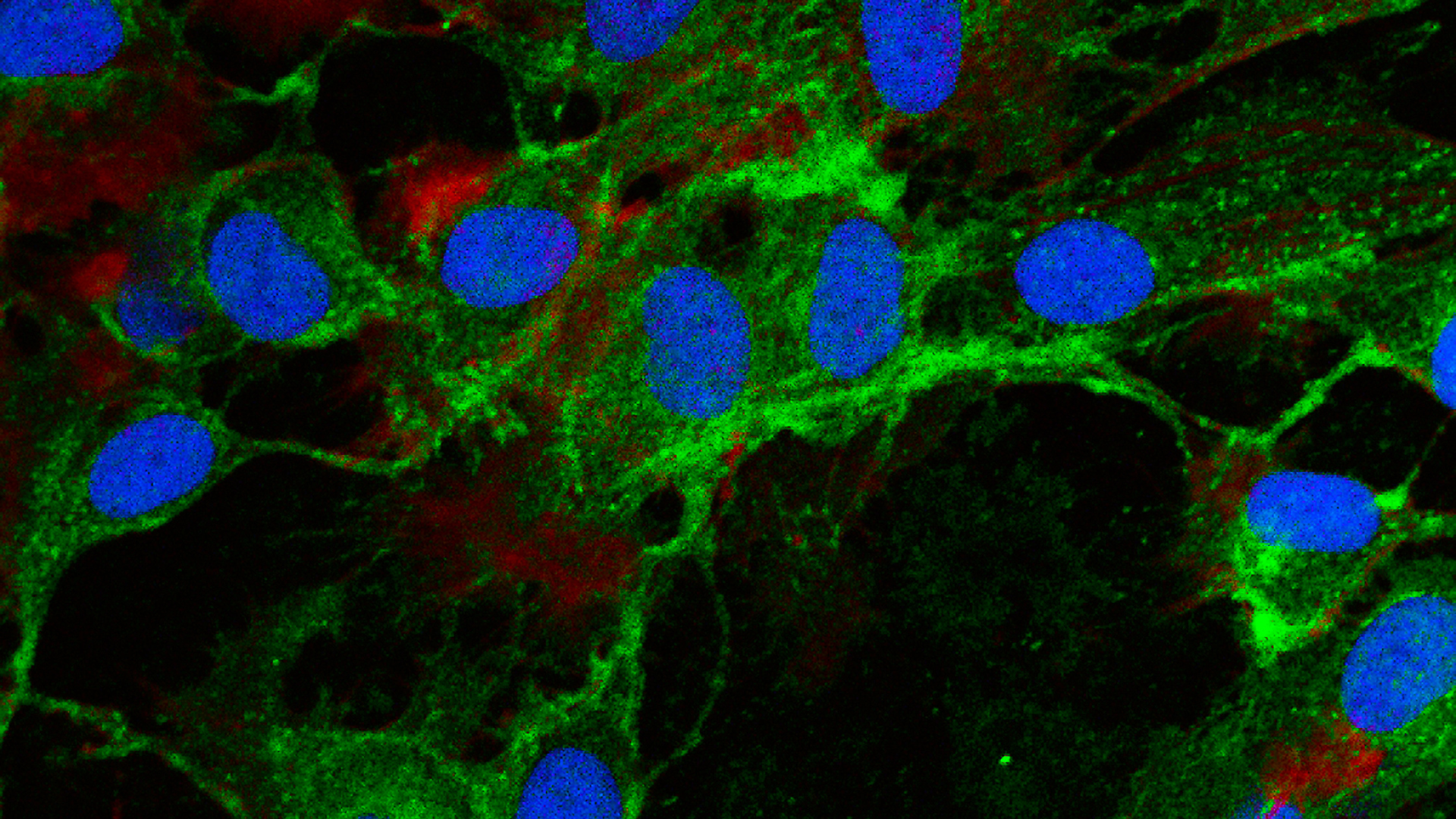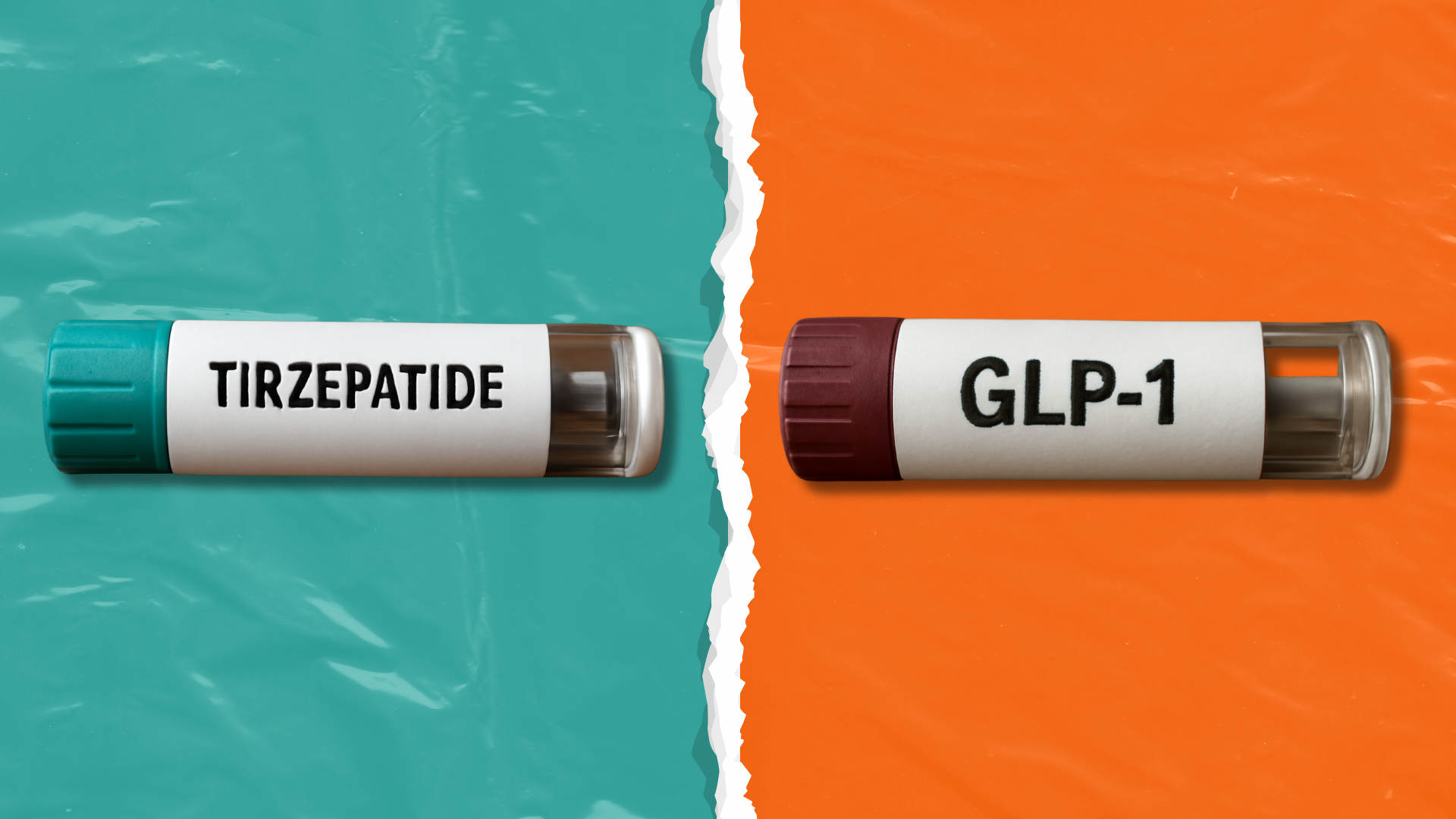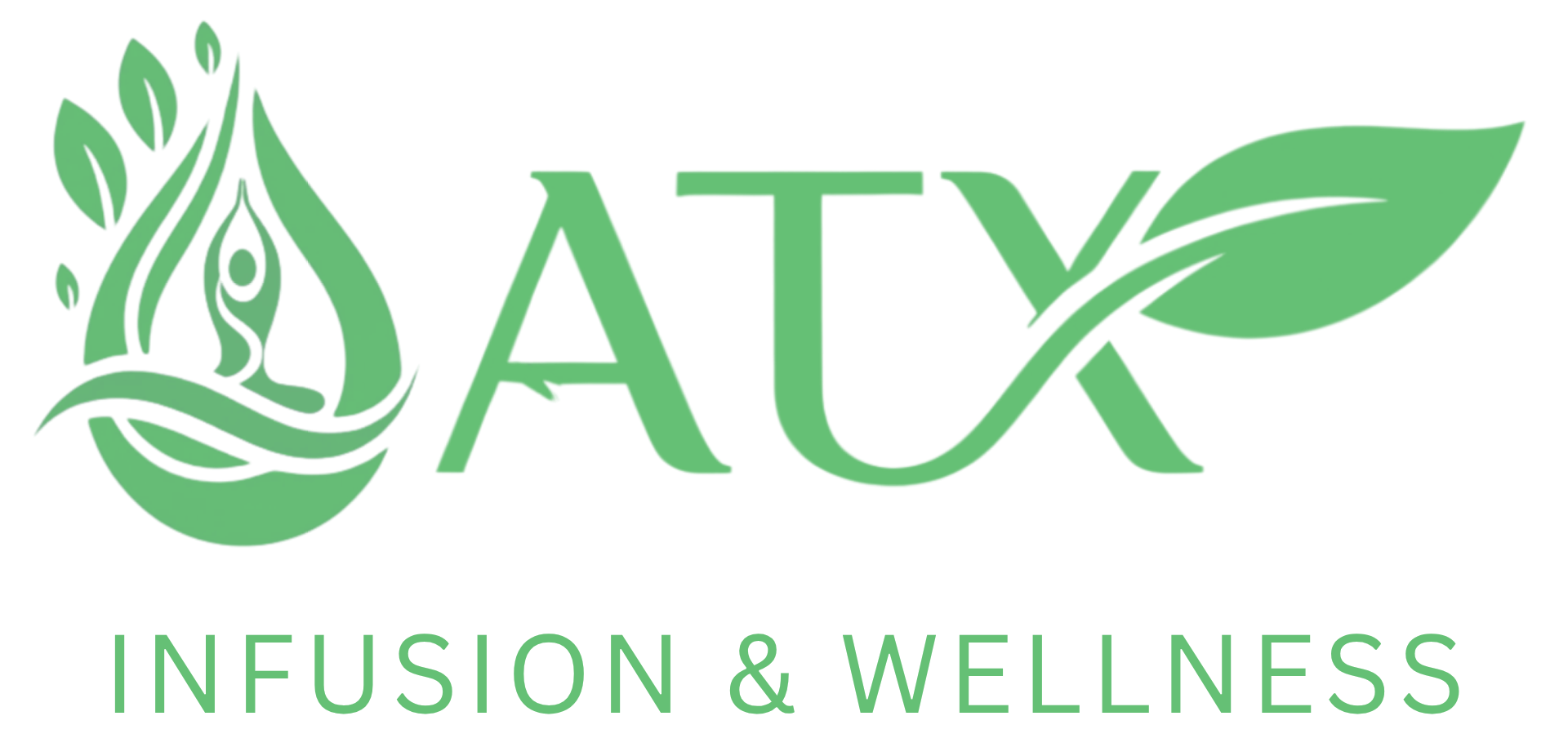How Stem Cell Therapy Works for Injury and Inflammation
Stem cell therapy has been one of the most discussed topics in the world of regenerative medicine. As research advances and therapies become more accessible, many people are exploring how stem cells might play a role in injury recovery, inflammation management, and overall health support. But what exactly is stem cell therapy, and how does it work?
At ATX Infusion and Wellness, we believe in educating our clients with clear, responsible information. In this article, we will explain what stem cells are, how they are used in medical and therapeutic contexts, and what patients should know before considering treatment.

What Are Stem Cells?
Stem cells are unique in the human body because they have the ability to develop into many different types of cells. Unlike other cells that serve a specific purpose, stem cells are undifferentiated — meaning they can become muscle cells, nerve cells, or even blood cells, depending on their environment and signaling cues.
There are several types of stem cells, but in therapeutic settings, the most common are:
- Mesenchymal Stem Cells (MSCs): Found in bone marrow, fat tissue, and umbilical cord tissue. These cells are known for their anti-inflammatory and immunomodulatory properties.
- Hematopoietic Stem Cells (HSCs): Found in bone marrow and blood, these give rise to blood and immune cells and are commonly used in treatments for blood disorders.
Most non-hospital, wellness-based stem cell therapies today — including those offered under careful oversight at clinics like ATX Infusion and Wellness — focus on mesenchymal stem cells.

How Is Stem Cell Therapy Used?
Stem cell therapy is not a cure-all, and it is not approved by the FDA for all conditions. However, it has shown promise in a range of investigational and supportive roles. Current research is exploring the use of stem cells for:
- Joint health and mobility support
- Inflammation reduction
- Soft tissue recovery
- Immune modulation
- Support for degenerative conditions
Therapy typically involves administering stem cells to the area of concern — whether through localized injections or intravenous infusion — with the aim of supporting the body’s natural healing processes.
The exact mechanisms by which stem cells work are still being studied, but they are thought to release signaling molecules that promote regeneration, reduce inflammation, and help modulate immune response.

Where Do the Stem Cells Come From?
At ATX Infusion and Wellness, we use ethically sourced, third-party tested allogeneic stem cells — which means they are donated from healthy sources and not derived from the patient’s own body. These are processed under strict laboratory conditions and screened for safety.
This form of therapy allows patients to benefit from stem cell support without undergoing an invasive extraction procedure. Allogeneic MSCs are used in many clinical trials and are increasingly preferred for their consistency and low risk of immune rejection.

What to Expect From a Stem Cell Session
Every patient is different, and so are their goals for therapy. Some are seeking recovery support after orthopedic procedures or sports injuries. Others are interested in cellular therapy as part of a broader wellness plan.
During a session, the stem cells are administered by a qualified professional in a safe, clinical setting. The process is generally well-tolerated, and most people return to normal activities shortly after.
That said, stem cell therapy is not guaranteed to produce results, and outcomes can vary based on health status, the area being treated, and other factors. It is always best to view stem cell therapy as one part of a broader wellness or recovery strategy, not as a standalone solution.
A Note on Safety and Regulation
Stem cell therapy is a rapidly evolving field. While there is growing interest and evidence supporting its potential, not all stem cell treatments are FDA-approved, and patients should exercise caution when considering therapy from any provider.
At ATX Infusion and Wellness, we adhere to all applicable legal and safety standards. We do not offer stem cell therapy as a cure for any specific disease, and we always encourage patients to consult with their primary care provider before undergoing any new treatment.

Is Stem Cell Therapy Right for You?
If you are curious about stem cell therapy, the first step is to have an informed conversation. At ATX Infusion and Wellness, we take the time to understand your health background, goals, and concerns before making any recommendations.
Our team stays current with ongoing research and works with medical professionals to ensure that the services we offer are aligned with best practices in regenerative care.
Contact us today to learn more about whether stem cell therapy could be a supportive option for your wellness journey.












